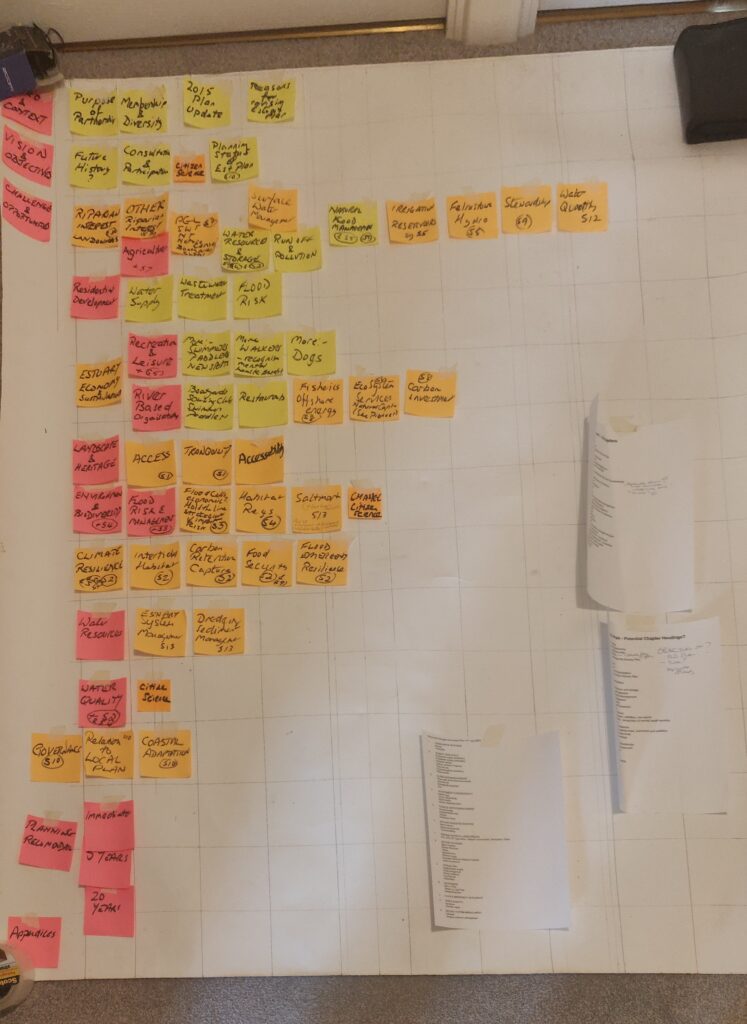According to a BBC report, the Government has announced that it plans to scrap ‘disproportionate’ planning constraints that ‘have blocked thousands of homes being built in the UK’.

Under the current ‘Nutrient Neutrality’ legislation, developments in protected areas across England must show they will not cause any nutrients to seep into nearby water for new building projects to be granted nutrient neutral status before they can begin building – rather than allowing builders to mitigate the impact of their work across multiple developments.
Natural England lays down regulations for local planning authorities to ensure housebuilding achieves “nutrient neutrality”. This means that developments do not result in a net increase in nutrients which can damage habitats, estuaries and wildlife. To meet this condition, Natural England says extra nutrients created by additional wastewater need to be mitigated.
Baroness Scott, a junior minister in the Department for Levelling Up, Housing and Communities (DLUHC), said the government recognised the need to protect freshwater habitats and rivers, and was tackling “underlying pollution”. But nutrient neutrality had placed a significant burden on housebuilders “despite the limited impact extra wastewater from residents in new developments has on waterbodies”, she added.
The Home Building Federation claim that agricultural run-off and the failure of water companies to upgrade infrastructure to cope with the growing population resulting in the dumping of raw sewage into rivers, are the root causes of the nutrients issue. They estimate that the contribution of all housing stock is less than 5%, so adding 120,000 homes to England’s stock of 25 million dwellings would lead to a negligible increase. They also point out that modern new builds are more water-efficient than older homes.
The DEP has not yet agreed a common position on this matter, but here is a link to a press release from the Save The Deben Campaign Group. We will be happy to post other viewpoints as we receive them.

